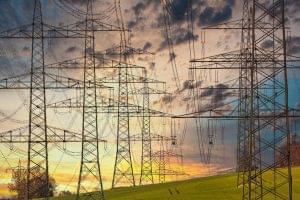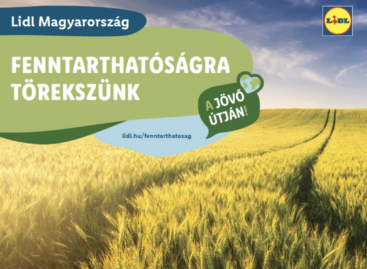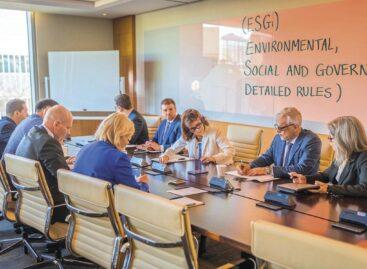Food security cannot be sustained without reducing energy prices
In order to curb the increase in food prices due to sanctions and to increase food security, the sanctions policy imposed by Brussels must be changed, energy prices must also be reduced in the short term, and measures must be taken to finance agricultural enterprises, said Dr. Oszkár Ökrös, Deputy State Secretary responsible for international relations at the Ministry of Agriculture.

(Photo: Pixabay)
At the ministerial meeting of the OECD Committee on Agriculture, organized under the title “Building sustainable agricultural and food systems in a changing environment: common challenges, transformative solutions”, the Deputy State Secretary emphasized that increasing agricultural productivity and the joint implementation of climate protection measures are a serious challenge that can only be solved in this way. , if we transform our production and choose varieties and technologies better adapted to the climatic conditions. This requires close social cooperation with farmers and consumers, as we have to change consumption and production habits. He went on to say that, from the point of view of Hungary’s future and competitiveness, how it can provide livelihood and further education opportunities for the people living in the countryside is decisive. In his speech, he also spoke about the fact that, among other things, Hungary pays a higher advance for EU direct subsidies, makes working capital loans available for agricultural enterprises with extremely favorable interest rates, introduces a credit moratorium on working capital and investment loans of agricultural enterprises for the period from September 2022 to December 2023, manufacturing enterprises and for the period between October and December 2022 they will receive energy cost subsidies.
“The key to the success of agriculture is a well-trained workforce. The sector is changing rapidly, technologies that require new knowledge and vision are gaining ground and are completely reshaping the sector. One of the most important tasks of agricultural education in the future lies in the successful transfer of these skills. It represents a great opportunity for all member states, the participation in international research, the use of the achieved scientific results in professional policies,” underlined the deputy state secretary.
On the sidelines of the ministerial meeting, Oszkár Ökrös held a bilateral meeting with Frédéric Lambert, the Deputy Secretary of State for EU Affairs and International Relations of the French Ministry of Agriculture.
A.M
Related news
The majority of Hungarians spend less than 50 thousand forints on Christmas gifts, sustainability is an important aspect, but not the primary one
Gift-giving is an essential holiday tradition, but what really matters…
Read more >Lidl has published its 3rd sustainability report
Lidl Hungary’s sustainability report for the 2022/2023 business years has…
Read more >ESG – about sustainability standards, from a legal perspective
Since December 2023 several pieces of legislation have been published…
Read more >Related news
Penny’s ‘Markthalle’ discount concept in Germany
Penny’s marketplace concept in Germany is an evolutionary step towards…
Read more >The majority of Hungarians spend less than 50 thousand forints on Christmas gifts, sustainability is an important aspect, but not the primary one
Gift-giving is an essential holiday tradition, but what really matters…
Read more >Rossmann ended the year with charity
This year, Rossmann Hungary also provided support to many needy…
Read more >







